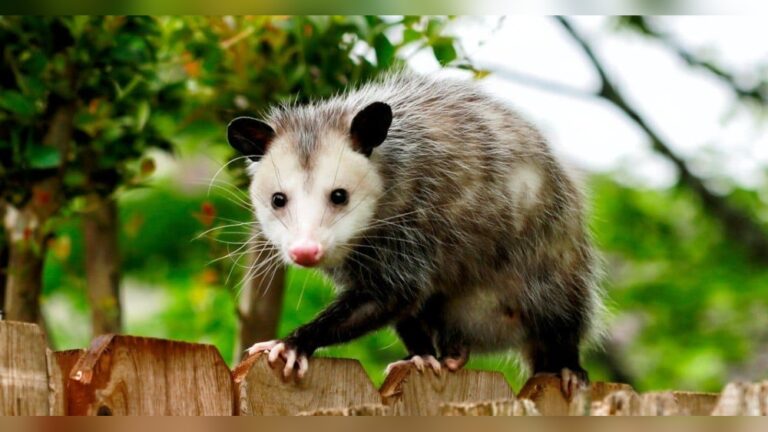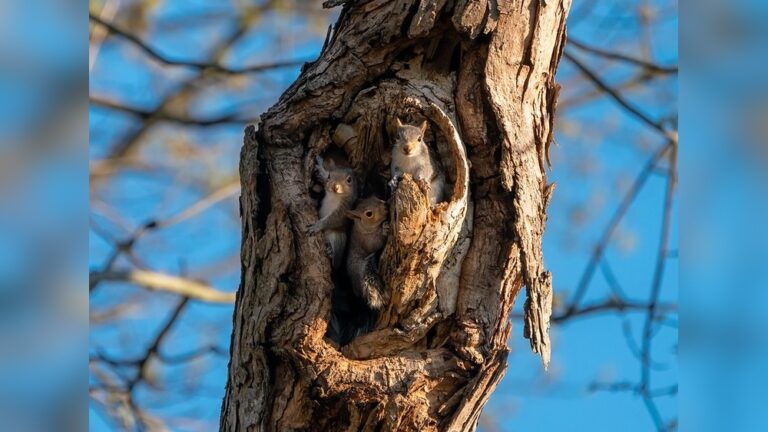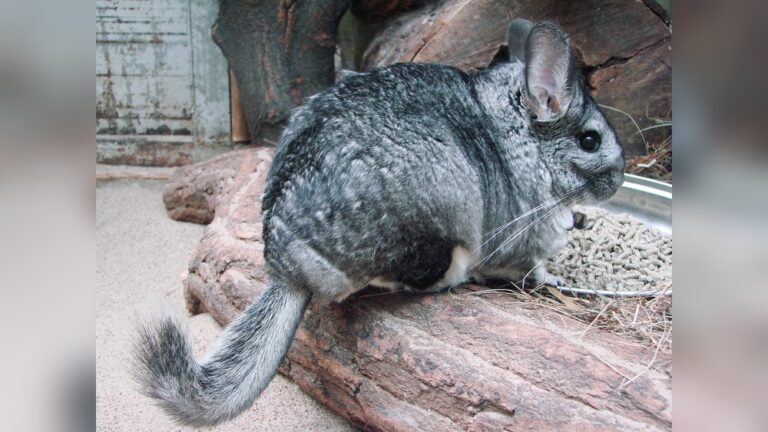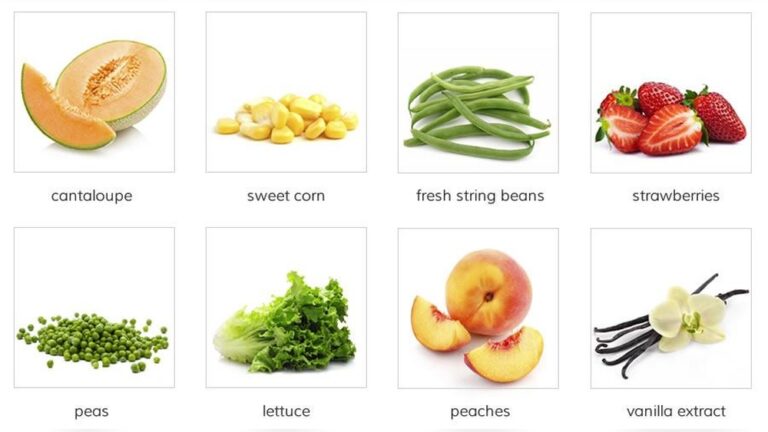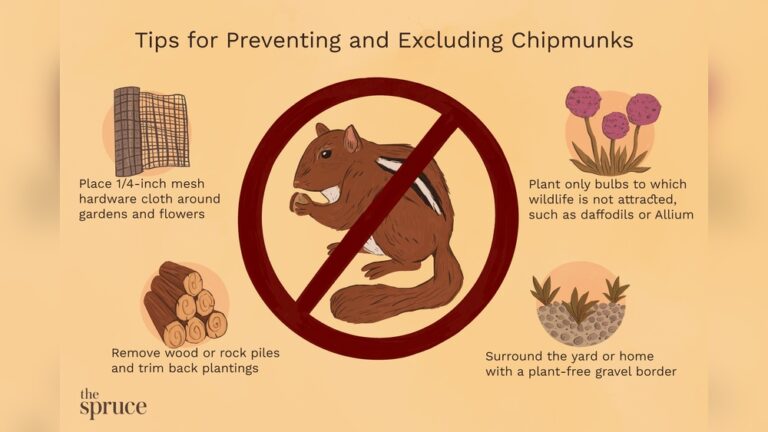What Do Rodents Eat: Surprising Foods That Attract Them
Have you ever wondered what rodents eat and why they’re so good at finding food? Understanding their diet can help you protect your home, garden, or even your pets.
Whether you’re dealing with a curious mouse or a busy squirrel, knowing what attracts them is the first step to managing them effectively. Keep reading to discover the surprising foods rodents love and how this knowledge can work to your advantage.

Credit: www.automatictrap.com
Common Rodent Diets
Rodents have simple diets that help them survive in many places. Their food choices depend on what they find nearby. Most rodents eat plants and some animal matter. They need food that gives them energy and keeps them healthy. Understanding what rodents eat helps us learn about their habits and habitats.
Seeds And Grains
Seeds and grains are a main part of many rodents’ diets. These foods offer lots of energy. Rodents like to eat sunflower seeds, wheat, and corn. Seeds have fats and carbohydrates that keep rodents active. They often store seeds for winter. This food helps them stay strong during cold months.
Fruits And Vegetables
Fruits and vegetables provide important vitamins and water. Rodents eat apples, berries, carrots, and leafy greens. These foods help rodents stay healthy and hydrated. They also add variety to their diet. Eating fresh plants helps rodents avoid boredom in their food choices.
Nuts And Legumes
Nuts and legumes are rich in protein and healthy fats. Rodents enjoy eating peanuts, acorns, and beans. These foods support growth and repair in their bodies. Nuts also give long-lasting energy. Rodents often hide nuts to eat later during scarce times.
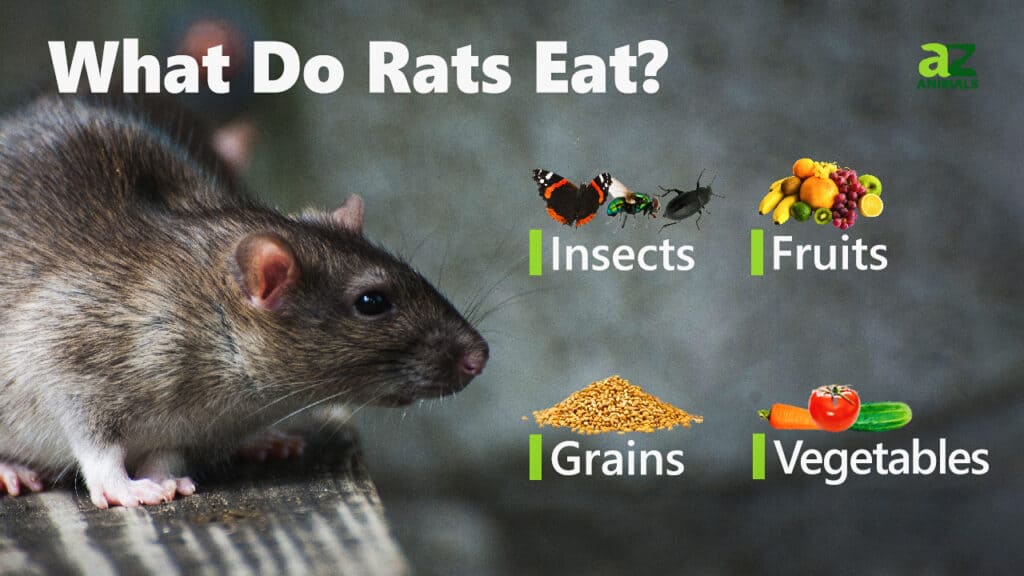
Credit: a-z-animals.com
Unexpected Foods That Attract Rodents
Rodents are not picky eaters. They find food in places you might not expect. This makes it harder to keep them away. Knowing what unusual foods attract rodents helps protect your home.
Pet Food And Treats
Pet food is a common rodent attractant. Left out bowls or spilled kibble invite rodents inside. Treats with strong smells are especially tempting. Rodents can chew through bags or containers. Store pet food in sealed, rodent-proof containers.
Leftover Human Food
Rodents love leftover human food. Crumbs on counters or floors draw them near. Uneaten snacks like bread, cheese, and fruit are favorites. They can find tiny bits in hard-to-clean places. Always clean up food scraps quickly and thoroughly.
Trash And Compost
Trash bins often contain food waste that attracts rodents. Compost piles with fruit peels or vegetable scraps are especially inviting. Rodents dig through trash to find tasty leftovers. Use bins with tight lids and keep compost away from buildings.
How Rodents Find Their Food
Rodents use many ways to find food in their environment. Their survival depends on being smart and quick. They have special skills that help them discover and collect food every day.
Scent Trails
Rodents rely heavily on their sense of smell. They follow scent trails left by other animals or themselves. These trails lead them to food sources. The smell helps them avoid danger and find fresh food. Scent is a powerful tool in their search.
Foraging Behavior
Rodents explore their surroundings actively. They search in small groups or alone. Their movements are careful and quiet. They use their sharp teeth to test food items. Foraging happens mostly at night or early morning. This behavior helps them find hidden or hard-to-see food.
Food Storage Habits
Many rodents store food for later use. They hide food in burrows or nests. This habit protects food from other animals. Stored food helps them survive during scarce times. They remember the location of stored food well. Food storage is a smart survival strategy.
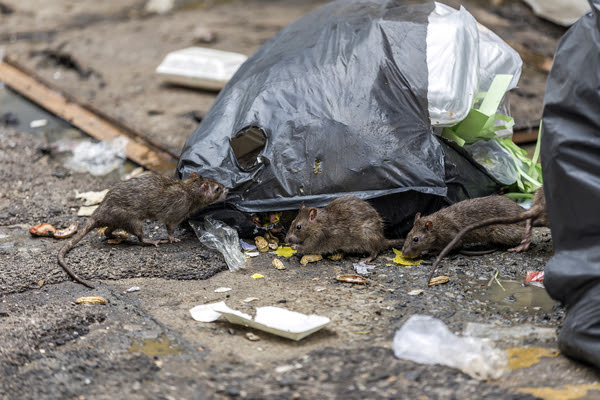
Credit: www.griffinpest.com
Foods That Rodents Avoid
Rodents are not picky eaters, but some foods they avoid. These foods can taste bad or even harm them. Knowing what rodents avoid helps protect your home and garden. It also guides you in choosing safe plants and foods around rodents.
Spicy And Bitter Items
Rodents dislike spicy and bitter foods. Strong flavors like chili peppers or black coffee keep them away. These tastes irritate their mouths and noses. They prefer mild and bland foods instead. Using spicy or bitter items can help deter rodents from certain areas.
Certain Plants And Herbs
Some plants and herbs repel rodents naturally. Mint, lavender, and garlic are common examples. Rodents avoid these smells because they find them too strong. Planting these herbs near your home can reduce rodent visits. These natural repellents work without chemicals or traps.
Preventing Rodent Attraction
Rodents are always searching for food. Stopping them from finding easy meals is key. Preventing rodent attraction can save your home from damage and disease. Simple steps can keep rodents away by removing what they want most: food and shelter.
Proper Food Storage
Store food in sealed containers. Use metal or thick plastic jars. Avoid leaving food out on counters or tables. Keep pet food in closed bins. This cuts off rodents’ food supply. Rodents smell food easily, so airtight containers help a lot.
Maintaining Cleanliness
Clean up crumbs and spills right away. Sweep floors and wipe counters daily. Take out trash regularly and use bins with tight lids. Remove old food from refrigerators and pantries. A clean space means fewer places for rodents to hide and feed.
Using Natural Repellents
Certain smells keep rodents away. Peppermint oil, used cotton balls, and cloves work well. Place these near entry points and food areas. Rodents dislike strong scents and often avoid them. Natural repellents offer a safe way to protect your home without chemicals.
How Smart Pets Lover Can Help You with What Do Rodents Eat
Exploring Rodent Diets: A Hands-On Learning Opportunity
Understanding what rodents eat opens up a unique chance to observe nature’s little foragers in action, blending curiosity with responsible care. By recognizing common rodent diets and the unexpected foods that attract them, you can gently experiment with safe, natural food choices to see which ones draw their interest—and which foods they tend to avoid. This practical approach not only sharpens your awareness of rodent behavior but also deepens your connection to the animal world, much like we encourage at Smart Pets Lover.
For families and pet parents eager to learn, try creating small, controlled feeding stations outdoors or in your garden, paying attention to how rodents find their food and their preferences. This hands-on experience complements insights on preventing rodent attraction, teaching patience and mindfulness in coexisting with wildlife. Should you have questions or want to share your discoveries, connecting with community forums or local wildlife experts can be a valuable resource.
After all, where every wag, purr, and chirp tells a story, even the smallest nibble offers a lesson in nature’s rhythms.
Frequently Asked Questions
What Are The Common Foods Rodents Eat?
Rodents commonly eat grains, seeds, fruits, vegetables, nuts, and small insects. Their diet varies by species and habitat.
Do Rodents Prefer Plants Or Meat?
Most rodents prefer plant-based foods like seeds and fruits, but some also consume insects for protein.
Can Rodents Eat Human Food Safely?
Rodents can eat some human foods like bread and fruits, but avoid toxic items like chocolate and caffeine.
How Do Rodents Find Food In The Wild?
Rodents use their keen sense of smell and memory to locate food sources in their environment.
Conclusion
Rodents eat many types of food every day. They like seeds, fruits, and nuts. Some rodents also eat small insects or plants. Knowing their diet helps keep homes clean and safe. It also helps farmers protect crops better. Rodents adapt quickly to what is available.
Watching what they eat can tell a lot about their habits. Feeding habits vary by species and place. Understanding this helps manage rodent problems well. Keeping this in mind makes dealing with rodents easier.

